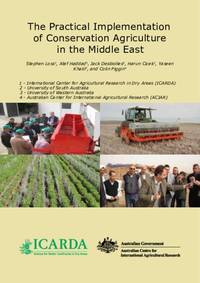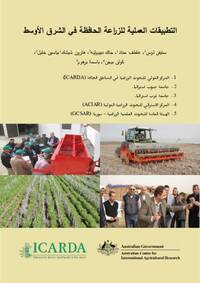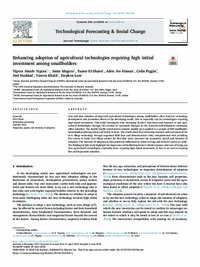
Project Name
Conservation Agriculture in Northern IRAQ Phase III
About
The project builds upon two consecutive projects which were funded by ACIAR and AusAID to improve the productivity and sustainability of crop production in the drylands of northern Iraq. The first project CIM/2004/024: Better crop germplasm and management for improved production of wheat, barley and pulse and forage legumes in Iraq, ran from July 2005 to June 2008; and the second project CIM/2008/027 Development of conservation cropping systems in the drylands of northern Iraq commenced in July 2008 to June 2012.
The project is an extension of CIM/2008/027. It is led by the International Center for Agricultural Research in the Dry Areas (ICARDA) in Syria and coordinated in Iraq through the University of Mosul (UniMosul) and the Ministry of Agriculture (MOA). Field activities in northern Iraq were implemented by the Universities of Mosul, Anbar and Kirkuk, the Directorates of Agriculture (DOA) in Ninevah, Kirkuk, Salahahdin and Anbar, and the State Board of Agricultural Research (SBAR) in Baghdad and Ninevah. Australian training and research support was provided by The University of Western Australia (UniWA) and the University of Adelaide (UniAdelaide).
Project CIM/2008/027 was highly successful in demonstrating in Ninevah that productivity and profitability of crops in the drylands of northern Iraq can be increased by the application of conservation cropping technologies involving zero-tillage (ZT), stubble mulching, improved crop cultivars and better crop management. Additional long-term benefits of conservation cropping include improved soil structure and reduced soil erosion. The adoption of ZT by farmers in Iraq has increased from a zero base in 2005/06 to approximately 6000 hectares in 2010/11.
The project extension aims to consolidate the research and development conducted over the past six years and promote wider adoption of conservation cropping practices by farmers in Ninevah.
This project was later amended and some activities were undertaken in Palestine
Impact
Goals
The project aims to increase crop productivity, profitability and sustainability in the drylands of northern Iraq (and later Palestine, per amendement) through the promotion of the adoption of conservation cropping practices to farmers.
Objectives
The objectives of the activities in Iraq include:
- Promote wide adoption of conservation cropping (zero tillage, stubble retention) in Ninevah and surrounding governorates where dryland crops are prominent (Kirkuk, Salahahdin, Anbar).
- Evaluate and adapt technologies to optimise production and sustainability of cropping systems through research across collaborator sites in Ninevah, ICARDA, South Australia and Western Australia on better crop establishment and management and improved germplasm.
- Develop and promote efficient and sustainable farmer-based seed production and supply systems.
- Monitor and evaluate the adoption and impact of conservation cropping and identify constraints and enabling policy options for uptake by farmers.
- Enhance the capacity of Iraqi research and extension institutions to develop and promote conservation cropping.
---------------------------------------
The objectives of the activities in Palestine include:
- Increase conservation agriculture knowledge of NARC staff and provide experience in the calibration, operation and maintenance of a zero-tillage seeder.
- Quantify, demonstrate and promote conservation technology packages (especially zero-tillage) for field crops and forage legumes in orchards.
- Prepare and produce a conservation agriculture manual for the Middle East.
Impact pathways
The activities that promote the adoption of conservation cropping practices for farmers will lead to increased crop productivity, profitability and sustainability which helps to contribute to the Impact area: Nutrition, health and food security
Locations
Iraq
Palestinian Territories
